3 Magical Tactics To Make You A Better Singer
In singing, ability is important. But if ability is all you’ve got, you’re not going to be the best singer you can be. If you want to become a better singer, first understand that it’s not entirely about technique. While learning proper technique is fundamental, having perfect technique alone isn’t enough to stand out from other singers.
What it means to be a “better singer”
To become a better singer means that in addition to understanding and applying the proper vocal techniques, you need to:
- Understand your strengths as an artist
- Identify your singing style
- Master your stage presence
- Develop strategy & mindset
No matter what category your singing goal falls under, how you achieve your goals comes down to how you practice.
In this post, I’ll discuss 3 magical pieces of advice for practicing effectively so you can become a better singer and an amazing artist.

Uncover Your POWER
We all show up POWERFULLY in different ways. Take my short quiz to uncover your POWER Type so you know how to show up POWERFULLY and influence an audience.
Before we get into it, why is it important to practice singing?
Why practicing singing is important — no matter your skill level
- Practice builds muscle memory. As a singer, you have so many things to juggle while performing. The more you solidify your muscle memory, the more your technique will be there for you without thinking about it. This type of practice allows you to focus more of your energy on the performance side of things, which is where your authenticity comes through.
- Practice builds consistency in connecting to your emotions through the song. Singers who are too staged or planned in their performance don’t come across as very relatable. When you practice consistently connecting to your emotions, you’re able to deliver a dynamic, powerful performance that has your audience on the edges of their seats.
- Practice solidifies your performance overall. All the elements of your performance come together when you put in the time and effort to practice.
Now that you know why you should practice, let’s dive into the 3 magical tactics you should apply to your practice sessions to make you a better singer:
1. Set a goal for yourself at the beginning of each and every practice session
Practice without a goal is an ineffective way to become a singer. Saying things like, “I want to get better,” or “I just want to improve,” aren’t specific and won’t get you any closer to becoming the singer you want to be.
Setting a specific goal for yourself at the beginning of every practice session is an essential part of getting you to your next level.
An important thing to remember is that you probably have a BIG goal in the back of your mind. Perhaps it’s winning a Grammy or sealing a recording deal with a major studio. Those big goals are accomplished by working on a series of smaller goals that get you closer and closer with every practice session toward your big, overarching goal.
Some effective practice goals include:
- Learn a new song
- Decide on a new song to practice
- Map out my song (determine what techniques to use throughout the song)
- Master a certain section of the song
- Clean up my riffs
- Perfect my belt on my high notes
- Consistently stay connected emotionally for the entire song
The clearer your goal is, the better.
When you set a specific goal for each practice session, you’re going to improve your singing much faster than the average voice student.
BONUS TIP: If you have exercises that you practice, you need to know the purpose of each exercise. You need to know if you’re doing it correctly so as to not form any bad, damaging habits. You might want to consider working with a vocal coach who can help you reach your goals faster and without avoidable setbacks.

You’ve Got the POWER. Let’s level it UP.
You’re invited to a complimentary POWER-UP Session with me to discuss your personal goals and struggles and figure out a powerful solution for you.

2. Don’t practice what you don’t need to practice
There are a few things that are actually ineffective ways to practice and won’t help you become a better singer. If you eliminate the following from your practice sessions, you’re going to make the space to work on what really matters.
What you DON’T need to practice:
- Don’t plan gestures and staging. Gestures and staging include things such as, walking to a certain mark on a stage at a certain point of a song, or having your hands in a specific position at a specific moment of the song.
There is an exception: the only time you’ll need to practice gestures and staging is if you’re in a show and the director tells you to do something. While these might be important elements in some types of performance, as a singer, you want your performance to feel organic and genuine. A better thing to work on would be practice connecting emotionally with your song. That way, gestures and staging become natural expressions of the story you’re telling your audience.
- Don’t rehearse your emotions (instead, practice singing with authentic emotion). You wouldn’t plan when you’re going to cry in real life. In a performance, any emotion (such as crying) should happen as authentically. To achieve this, you must learn how to sing with authentic emotion. Singing with authentic emotion involves a three-step technique for connecting your emotions to the song in a powerful way.
- Don’t work on portions of songs you already know how to sing well. It feels easy and rewarding to practice what you already know how to do well, but doing so is an ineffective way to become a better singer. If there’s a part of a song that’s tricky to sing, focus on singing just that section until you know how to nail it every time. Singing the entire song over and over is a waste of your practice time.
3. Practice with maximum effort
I hear so many singers say they don’t like to practice their song full-out. They say that being on stage or in front of an audience will provide them with an adrenaline rush, and that’s when they’ll really go for it in their performance.
That is a terrible strategy. Here why:
If you’re not practicing with maximum effort—even if you are someone who tends to get amplified by adrenaline—when you go out on stage or in front of an audience, you’re going to hold back. The adrenaline will actually confuse you because you’ll think you’re doing more than you’re actually doing.
The dedication you put into your practice session is what will authentically come out in your performance. If you were holding back in practice, hoping adrenaline will take over for you on stage, your performance is going to be lacking.
You don’t need to practice with maximum effort every single time you practice, but you must ensure you’re committing the time for maximum-effort practice sessions. Otherwise, if you’re going for it full-out for the first time in front of an audience, you’re not going to have control over your performance.
PRO TIP: If you’re concerned about practicing full-out because you’re afraid you’re going to lose your voice, I recommend learning how to never lose your voice again with Unlimited Vocal Health™. Unlimited Vocal Health™ teaches you not only healthy vocal techniques, but allows you to sing any song you want, as loud as you want, without any consequences.

Download a Free Chapter of Never Lose Your Voice Again
Download a free chapter of Never Lose Your Voice Again: The SECRET To Unlimited Vocal Health™ for Singers, Actors, and Speakers.


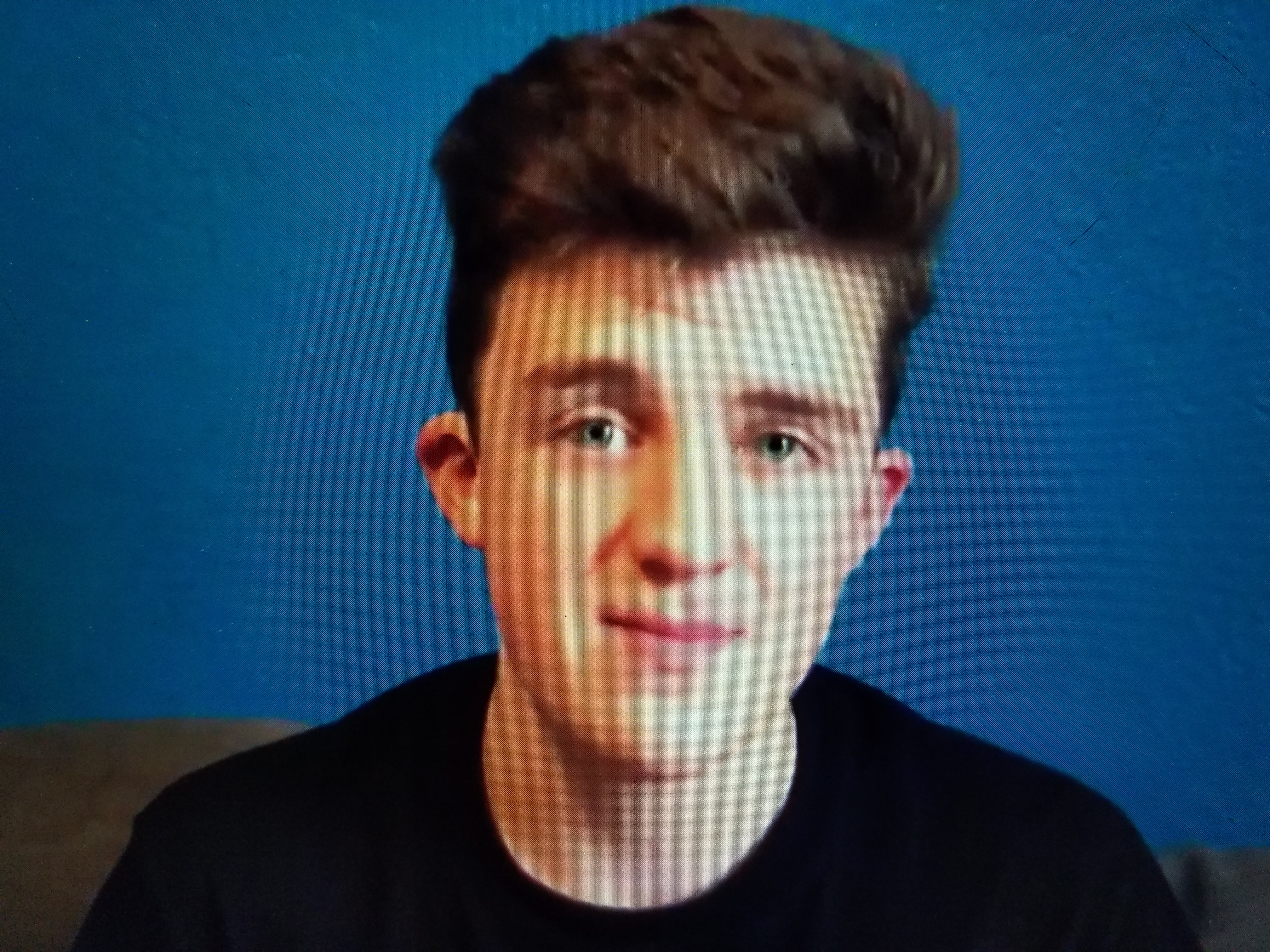
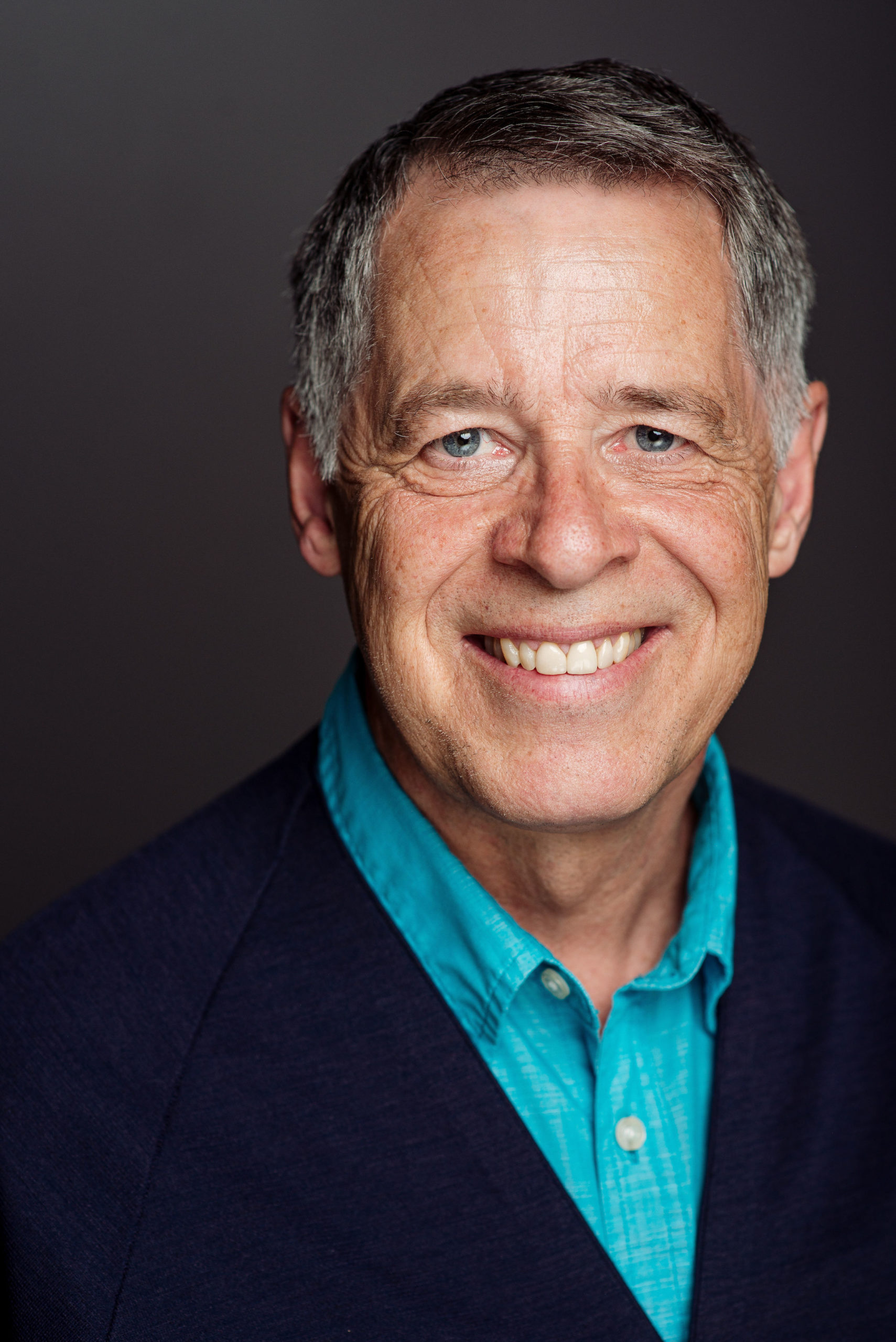


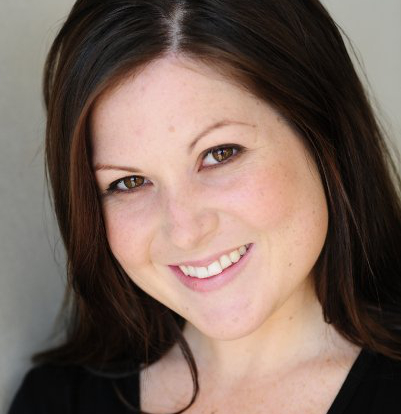
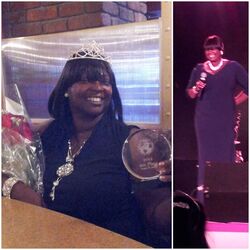

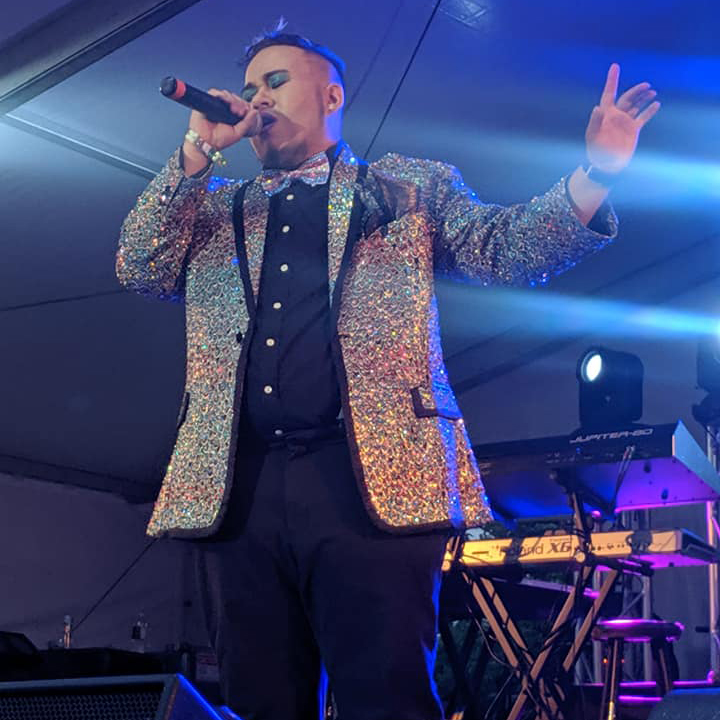

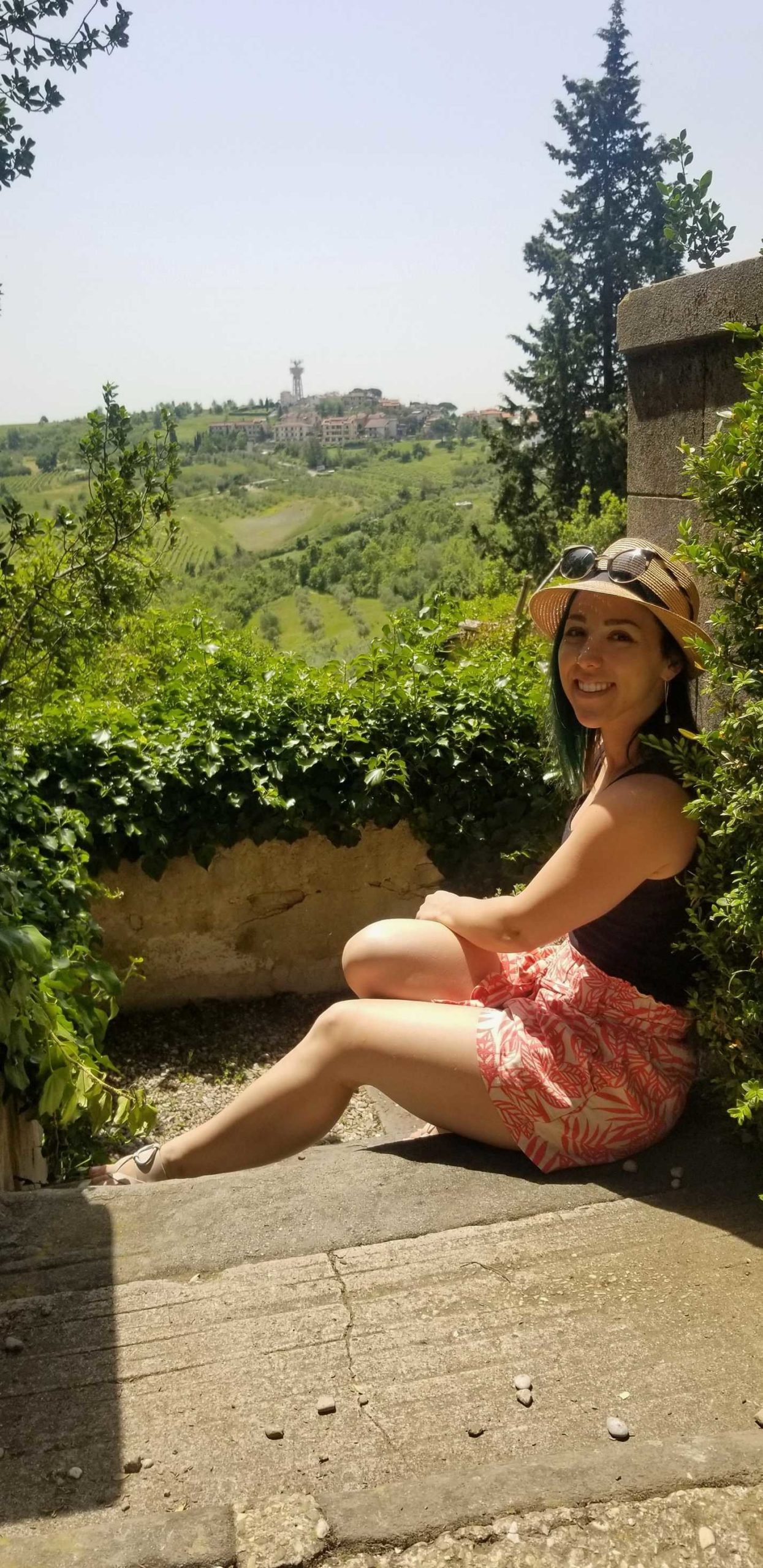
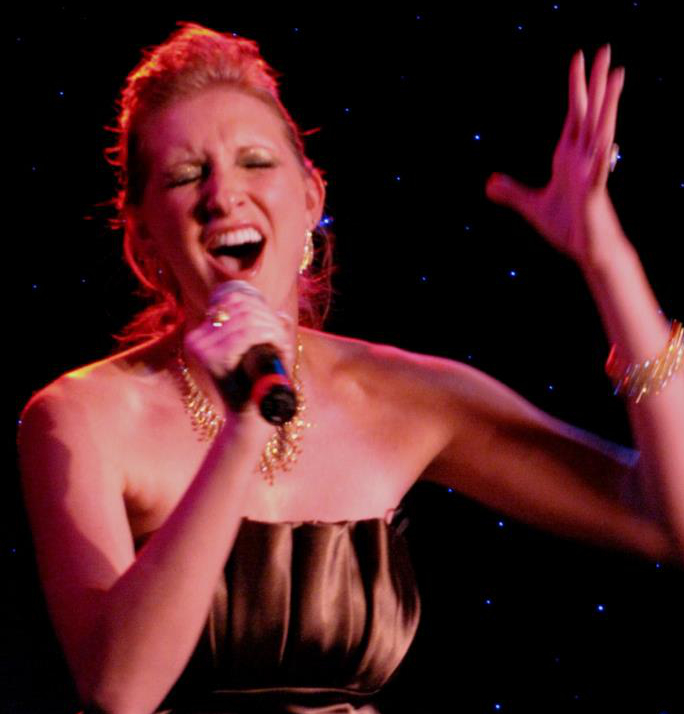






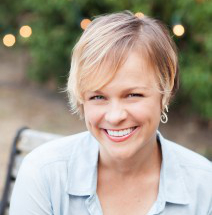
Have a question or something to say? You'll hear back from me right away!